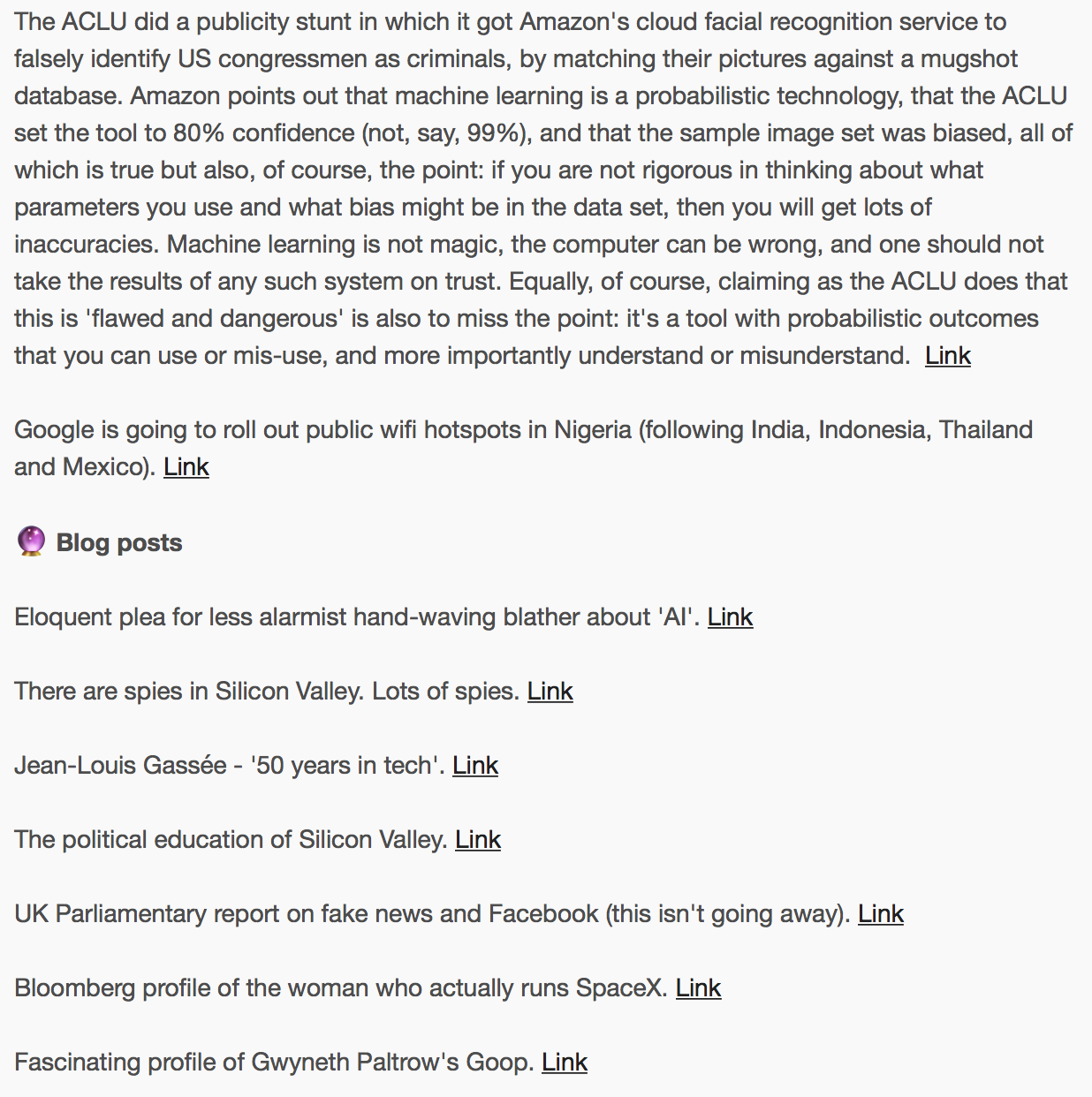Ludwig von Mises was the greatest Austrian economist, and one of the best champions of freedom and capitalism. In 1944, he wrote in Omnipotent Government:
Under present conditions the adoption of a policy of outright laissez faire and laissez passer on the part of the civilized nations of the West would be equivalent to an unconditional surrender to the totalitarian nations. Take, for instance, the case of migration barriers. Unrestrictedly opening the doors of the Americas, of Australia, and of Western Europe to immigrants would today be equivalent to opening the doors to the vanguards of the armies of Germany, Italy, and Japan.
Mises proposed, basically, freedom and (classical) liberal policies within the West, but did not advocate open borders (for trade or commerce) with the illiberal countries that threaten peaceful, prosperous civilization.
There is no other system which could safeguard the smooth coördination of the peaceful efforts of individuals and nations but the system today commonly scorned as Manchesterism. We may hope—although such hopes are rather feeble—that the peoples of the Western democratic world will be prepared to acknowledge this fact, and to abandon their present-day totalitarian tendencies. But there can be no doubt that to the immense majority of men militarist ideas appeal much more than those of liberalism. The most that can be expected for the immediate future is the separation of the world into two sections: a liberal, democratic, and capitalist West with about one quarter of the total world population, and a militarist and totalitarian East embracing the much greater part of the earth’s surface and its population. Such a state of affairs will force upon the West policies of defense which will seriously hamper its efforts to make life more civilized and economic conditions more prosperous. [emphasis added]
Mises, the great advocate of laissez faire capitalism, did not advocate free trade or open immigration with militarist, totalitarian countries. Today, many "libertarians" and "Objectivists", many of who are Mises fans, oppose Trump's plan to build a wall and limit immigration to focus more on letting in people with Western values. So I found Mises' own view of the matter notable. For those who wish to understand his reasoning, I recommend they read the book and his other relevant works.
Below I share comments on the next two sentences of the book and about Mises' perspective on world affairs.
Even this melancholy image may prove too optimistic. There are no signs that the peoples of the West are prepared to abandon their policies of etatism.
Etatism means statism, which Mises explains is "the trend toward government control of business". Think of how people look to a powerful government to solve their problems and control society (especially trade and production), rather than favoring freedom. 75 years later, we can see that Mises was right that Westerners were not prepared to abandon statism.
When governments control the domestic economy, they also control imports and exports, e.g. with tariffs (otherwise the goals of their economic controls would be thwarted by uncontrolled foreign businessmen). Mises explains that these statist economic controls make the government of Belgium the enemy of Americans, because the Belgium government is using force to harm the economic prosperity of Americans by confiscating money from Americans who sell products to Belgians. This economic fighting creates the incentives for war (conquering territory allows for getting rid of the hostile government that imposes tariffs against your products) and harms the cause of collaboration and peace.
Mises argues that peace is best incentivized when prosperity is created by the economic division of labor. Countries don't want to go to war with their trading partners who produce their X, and who they sell lots of Y to, because it's so disastrous to their standard of living (they will have a shortage of X and surplus of Y), and because their ongoing cooperation is so beneficial. The more extensively countries are partners in free trade, the more they become like one unified economic group, and the more economically destructive and painful a war between them becomes. (Division of labor makes everyone involved richer because it allows specialization and because of comparative advantage.)
Update: I've read 40% of the book now and can highly recommend it. The discussion of German and European history, and of liberalism and statism, is great. I have high expectations for the upcoming discussion of the Nazis. I found another passage that relates to the current political debate about open borders:
These considerations [about the benefits of liberalism, including free trade and free migration, and how that brings about peace] are not a plea for opening America and the British Dominions to German, Italian, and Japanese immigrants. Under present conditions America and Australia would simply commit suicide by admitting Nazis, Fascists, and Japanese. They could as well directly surrender to the Führer and to the Mikado. Immigrants from the totalitarian countries are today the vanguard of their armies, a fifth column whose invasion would render all measures of defense useless. America and Australia can preserve their freedom, their civilizations, and their economic institutions only by rigidly barring access to the subjects of the dictators. But these conditions are the outcome of etatism. In the liberal past the immigrants came not as pacemakers of conquest but as loyal citizens of their new country.
Twenty years after Mises wrote this, the U.S. opened its borders to immigrants from totalitarian countries and dictatorships, and immigrants who do not come to be loyal citizens of the U.S. As a result, we now face disasters, which you can learn about in Adios America and its criticism of the 1965 immigration act. Trump became president by promising to halt the damage and begin repairs, including by building a wall, but he hasn't followed through so far.
